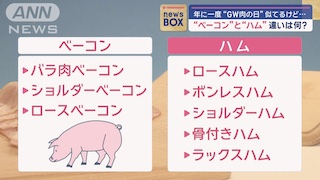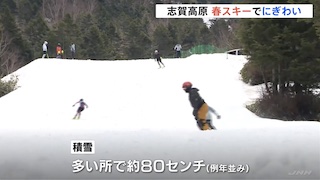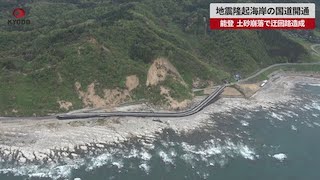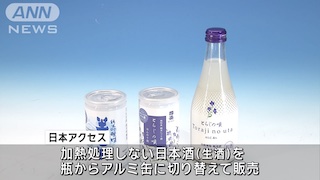Apr 18 (The Guardian) - Marine conservation campaigners have lodged a complaint with police demanding that “toxic” dolphin meat be removed from sale in Japan, after a test showed a sample contained levels of mercury up to 100 times higher than the government’s recommended safe level.
Action for Dolphins (AFD), a nonprofit based in Australia, filed the complaint with police in central Japan this month, amid expert warnings that regular consumption of dolphin meat could threaten the health of consumers.
AFD said recent testing at a laboratory in Japan revealed that one sample bought in the country – a portion of Risso’s dolphin offal – exceeded the government-set regulatory limit of mercury by up to 97.5 times. A second package of Risso’s dolphin offal showed mercury levels 80 times higher than the safe limit. ...continue reading










